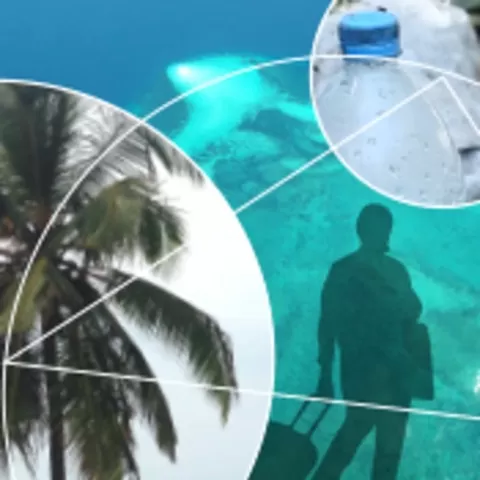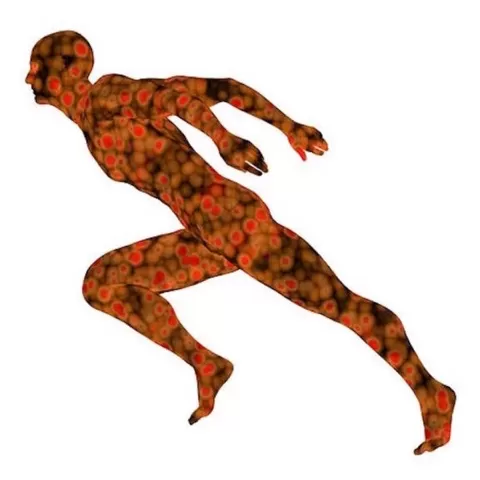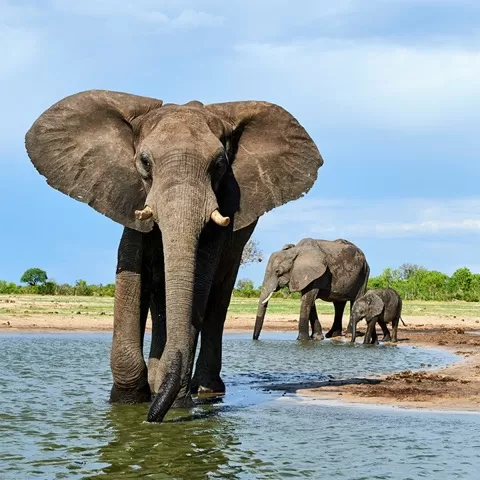The MOOC introduces learners to key environmental health and natural resources management challenges associated with the rapid growth in international tourist arrivals into low-income countries. Since infrastructural and regulatory capacities in such countries are often limited they are more exposed to the negative implications of such development. The MOOC will present experiences and potential avenues to develop a more sustainable form of tourism.
The Course particularly focuses on the problems and potentials of tourism development in small island states in tropical and sub-tropical settings and highlights the challenges of such development on vulnerable ecosystems. It also highlights how tourism development in Zanzibar results in increased pressure on its marine environment, solid waste management, water resources and control of mosquitoes. These factors will be used as tracers of impacts and areas for future improvement towards a more sustainable form of tourism. Zanzibar will be in focus during this course and used as a case in order to exemplify how a massive increase of Tourism in a low income and resource poor setting, can increase the vulnerability of the local population.
The Course topics also relate to a number of targets under the global Sustainable Development Goals, especially:
Goals 3: “good health and well-being”
Goals 6: “clean water and sanitation”
Goals 14: “life below water”
Goals 17: “partnerships”.
Thus, the Course is a continuation of the efforts and discussions raised as part of the 2017 international year of sustainable tourism.
A diversity of perspectives and areas of expertise will be presented by researchers from the University of Copenhagen, State University of Zanzibar, representatives from the hotel sector and international experts in specific areas of sustainable tourism.




